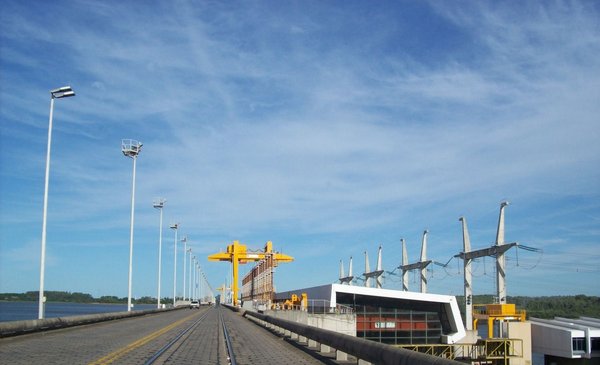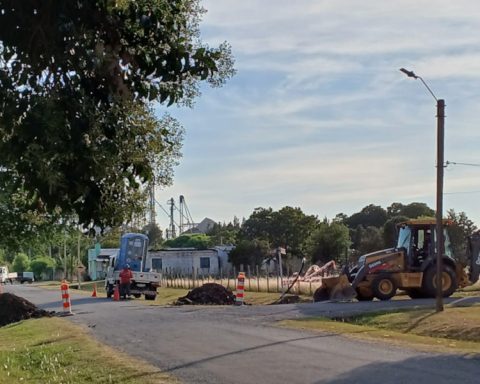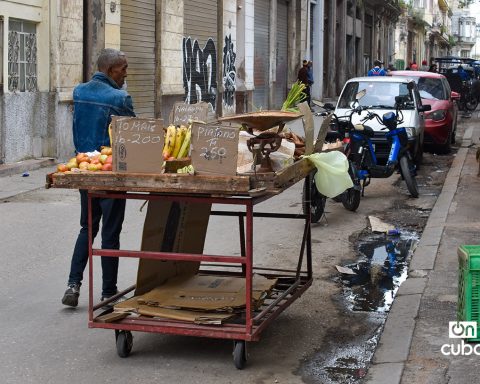As a result of the exchange rate difference that exists today,Customs will begin to intensify controls at the borders with Argentina and will seize merchandise that exceeds five kilos, informed its national director, Jaime Borgani, at a press conference. “We have to be strict because the exchange difference is very important and if we are not, local businesses feel harmed,” he assured.
The measure, indicated the hierarch, It will govern all the border points that Uruguay has with Argentina, but above all in Salto, which is, according to the hierarch, where “the biggest problem” occurs..
Customs is currently processing the entry of some 60 new officials to improve controls and surveillance, and the Executive Power has also authorized the entry of 70 more officials.
Uruguayan border businesses continue to demand measures from the government to deal with the drop in activity and last Wednesday they held a meeting with government representatives. Participating in that meeting were the Economy Minister Azucena Arbeleche, the undersecretary Alexander Irastorza, the director of Tax Advice of the MEF Pía Biestro, the Secretary of the Presidency Álvaro Delgado and representatives of the Ministry of Labor.
The exchange difference that persists with Argentina makes the cConsumers commute daily to neighboring towns to make your purchases.
During the meeting it was proposed to start studying the price formationto determine which taxes or costs could be reduced and transfer the drop to the final price to the consumer. “That is going to take a study time that we do not know if it goes in parallel with the time of the companies to face the current situation. We recognize that there is the will of the government to find a solution, but the urgency is very much in place, “he told The Observer the president of Salto Commercial and Industrial Center, Vera Fachin.
According to data from the National Directorate of Migration, that has the shopping center, in September 168,517 people crossed to Concordia. A month ago there had been 88,320. The border crossing increases and therefore local businessmen assume that activity and consumption will continue to decline.


















